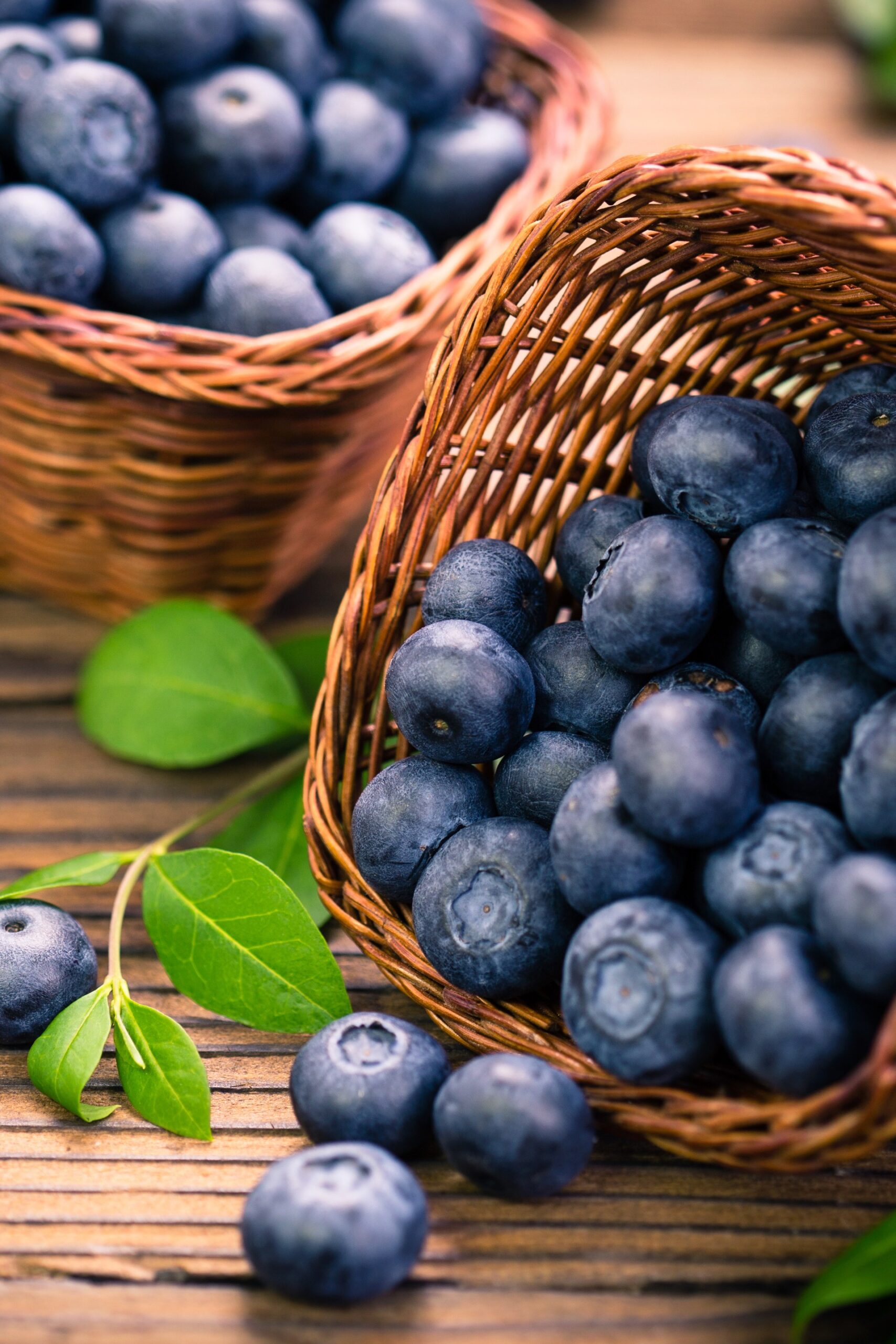Constantly finding yourself forgetting dates, details or names while in the middle of a conversation? Or struggling to focus during a busy day at work? You’re likely to have brain fog; the symptoms of which include confusion, disorientation to time and place, and a slowing of mental reflexes and sharpness. While sleep and reducing stress can help considerably, a nutrient-rich diet is a must to improve concentration and focus. We spoke to experts to find out more.
What is brain fog?
According to neuropsychiatrist Dr Rohan Bokdawala, brain fog can manifest due to structural damage to the brain (which is a far more serious condition and requires medical intervention, or the functional damage of the cognitive ability due to stress or lack of sleep and nutrition. He suggests sleeping for enough hours (8-10 is recommended,) and sticking to a workout and meal routine. Dr Bokdawala is also a fan of exercising and meditating to improve focus and reduce clutter in the brain.
What is the relationship between food and the brain?
Food is the fundamental source of energy linked to better brain power. According to Delhi-based nutrionist Nmami Agarwal, a healthy diet can enhance brain function, prevent dementia and even reduce the risk of Alzheimer’s disease. Similarly, a diet deficit in of carbs, vitamins (especially B12) and minerals could also lead to poor functioning of the brain. Agarwal points out that one of the most-neglected reasons for brain fog is the low level of carbohydrates. “Carb consumption is necessary because the body turns it into glucose, and your brain uses it directly for energy. Carbs affect the function of the brain in several other ways, like signalising brain to produce serotonin, which is involved in appetite control, mood regulation and the sleep cycle,” she explains.
Mumbai-based RD Fatema Valikarimwala agrees, reminding you to consume omega-3 fatty acids to stay focused. Composed of three fats, namely ALA, EPA and DHA, omega-3 is an essential fatty acid that has to be obtained through dietary sources, since it cannot be sufficiently produced by the body. EPA and DHA are long-chain omega-3 fatty acids, while ALA is a short-chain omega-3 fatty acid derived from plant sources, which gets converted to EPA and DHA in small quantities. “DHA is the one that participates in several key functions in the brain. Impairment in these functions can lead to impairment in brain processes. Therefore, you don’t just want omega-3 fatty acids, you want DHA to help improve brain fog. Furthermore, omega-3 fatty acids also reduce inflammation in the brain,” she explains.
Add these to your diet to fight brain fog
1) Walnuts
There’s a reason that walnuts look like tiny brains. They have a high concentration of DHA, which helps to maintain healthy brain function. Though all nuts are good sources of antioxidants, walnuts rank higher in potency when compared to superfoods such as almonds, pistachios and peanuts. They also protect the brain tissue from inflammation, which helps to support it as you age. Even seeds (like pumpkin seeds), are helpful for this. Agarwal also points out that they are an excellent source of magnesium, which is essential for memory and learning.
2) Fatty fish
“Fatty fish like salmon, herring, cod liver, sardines, mackerel, or tuna improve concentration as these are rich in omega-3 fatty acids, especially DHA, which enhances the functioning of the brain and nervous system,” says Valikarimwala. For vegetarians, avocados work the same way. Rich in omega-3, Vitamins D, E and B, and minerals such as zinc, magnesium and iron, avocados help reduce oxidative stress.
3) Turmeric
“Curcumin, the active ingredient compound found in turmeric that gives the spice its characteristic yellow colour, can protect brain health and also improve mood and memory function,” says Agarwal. Recent research shows that curcumin can stimulate a brain hormone BDNF, which is able to boost and protect the functioning of neurons.
4) Blueberries
Nicknamed ‘brain-berries’, these are able to address inflammation and oxidative stress to the brain. The flavonoids (a type of antioxidant) present in them are able to improve blood flow, improve communication between the cells, and protect neurons from damage.
5) Water
“The most commonly neglected ingredient is water. Although the brain might adapt in the short term, but in long term, chronic dehydration might lead to deficit in brain function, and contribute to the feelings associated with brain fog. In fact, a recent study showed that when a person was dehydrated, the brain needed to put in more effort to complete the task at hand,” says Valikarimwala.





